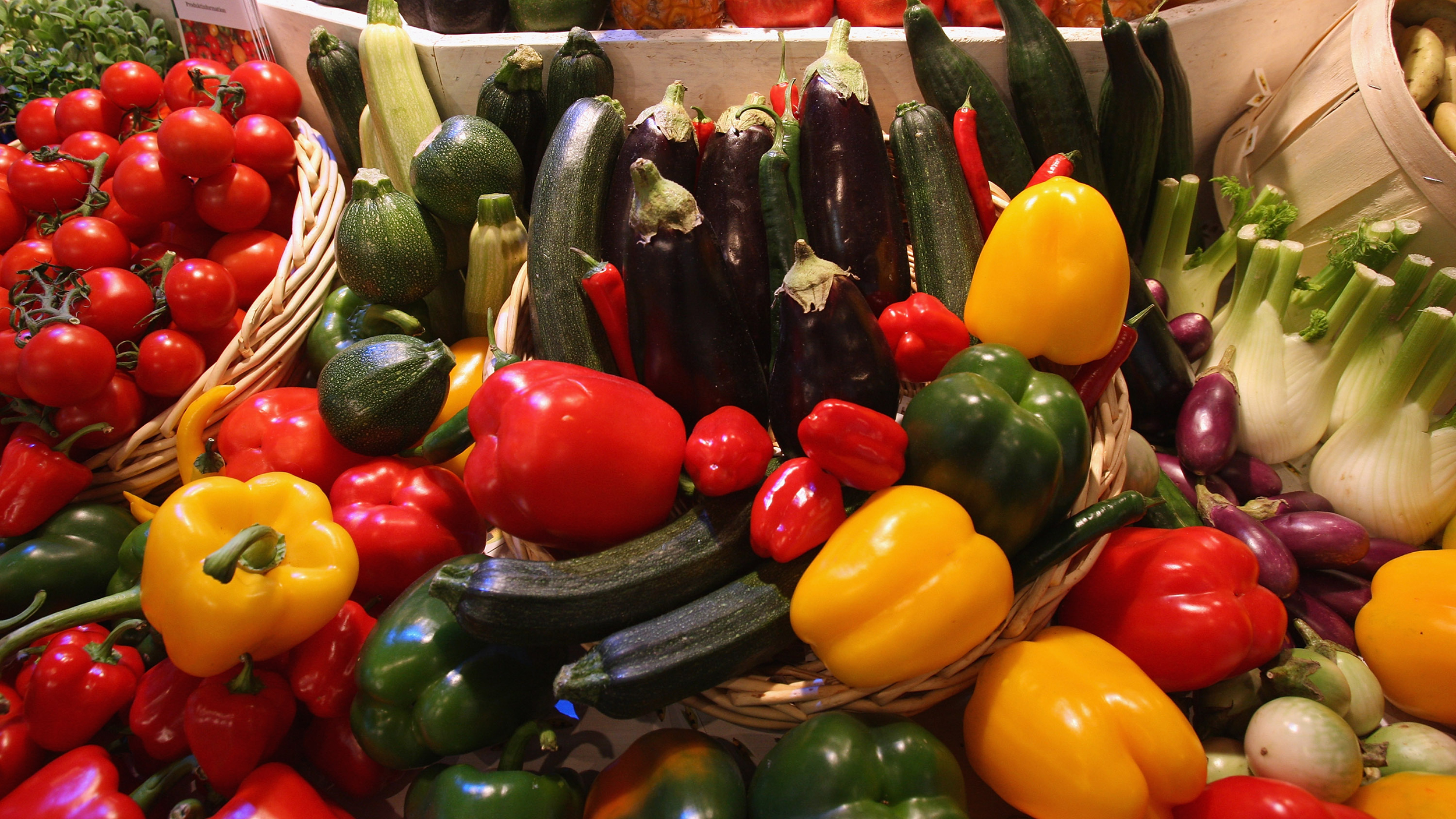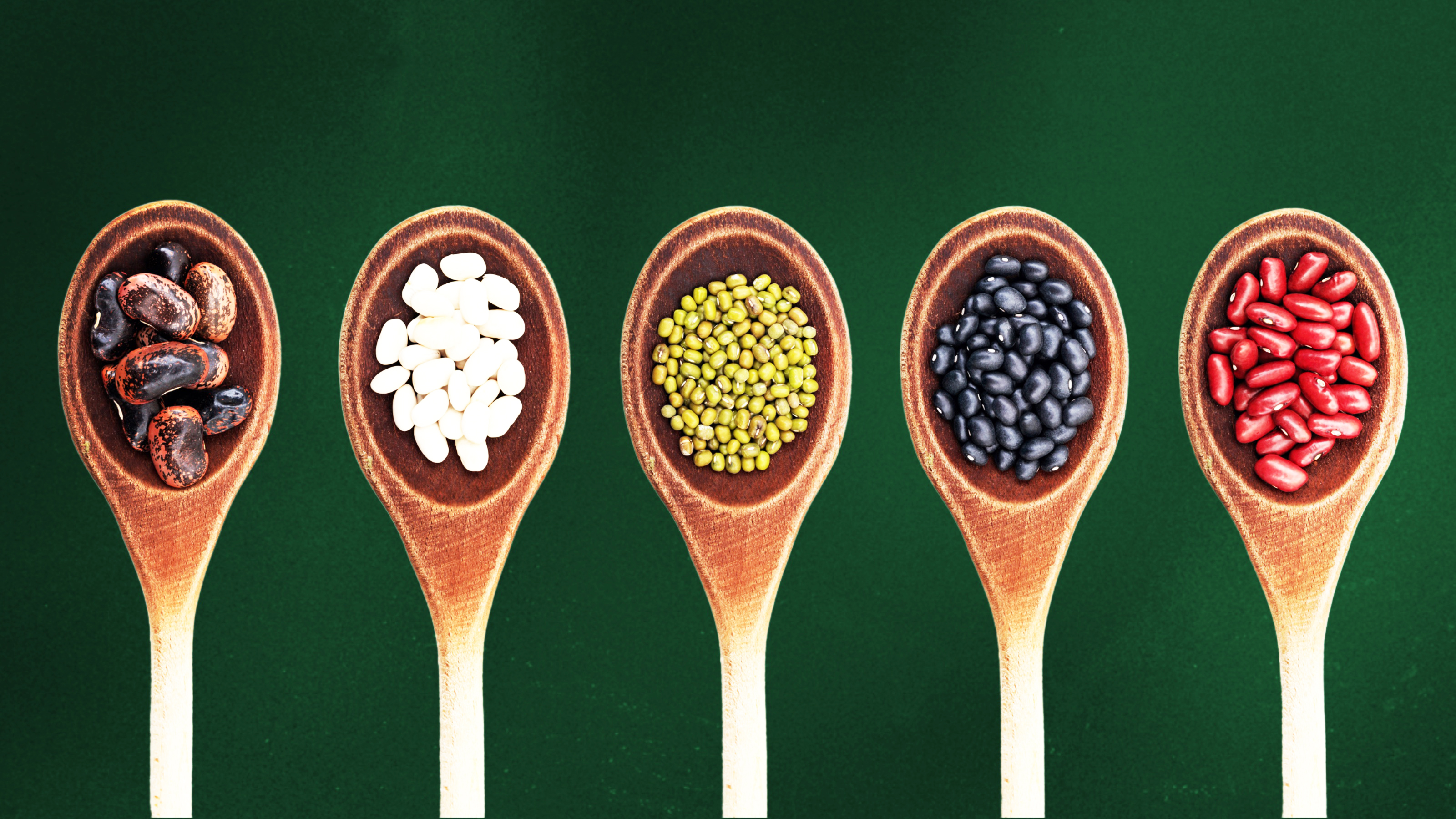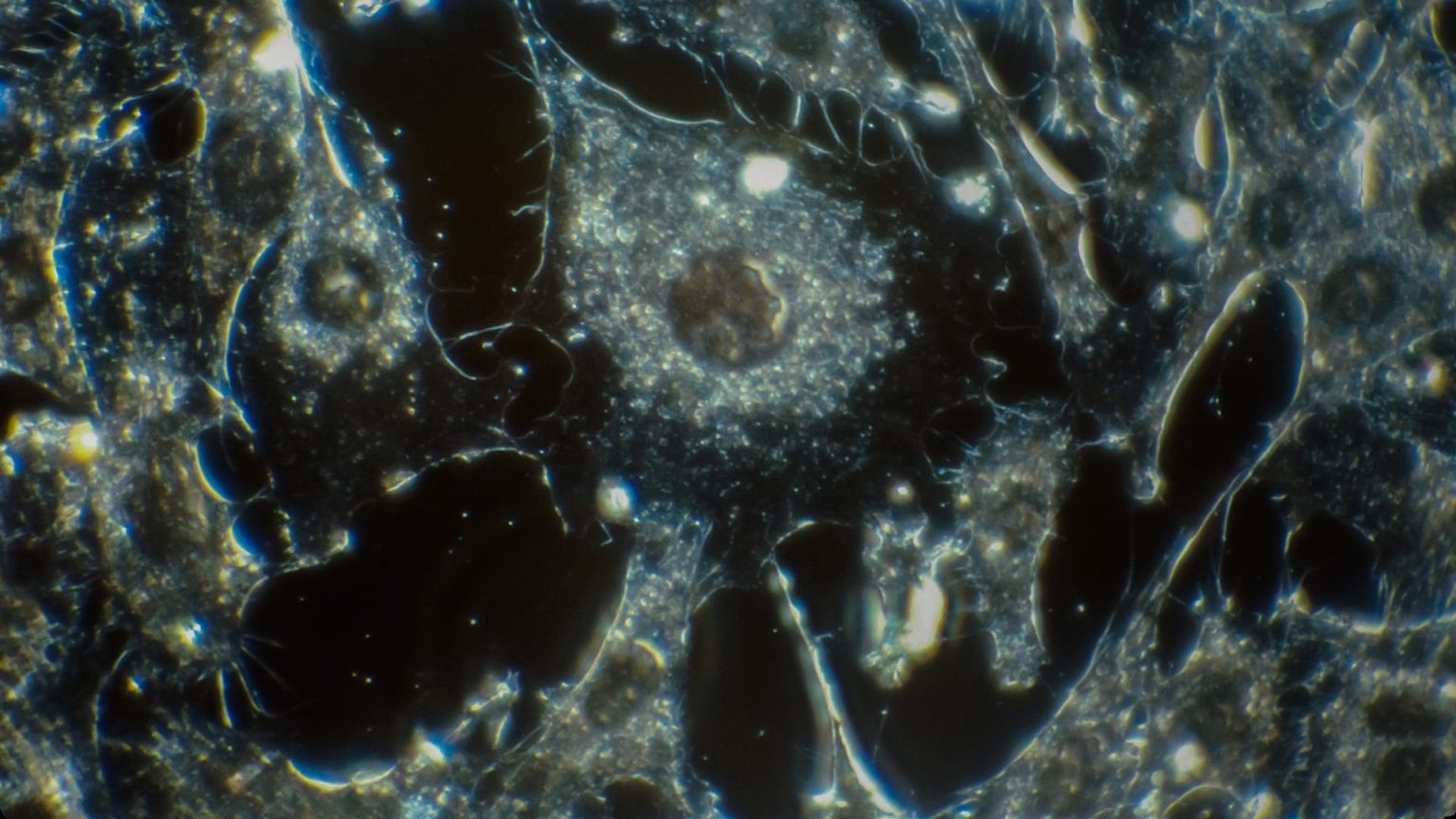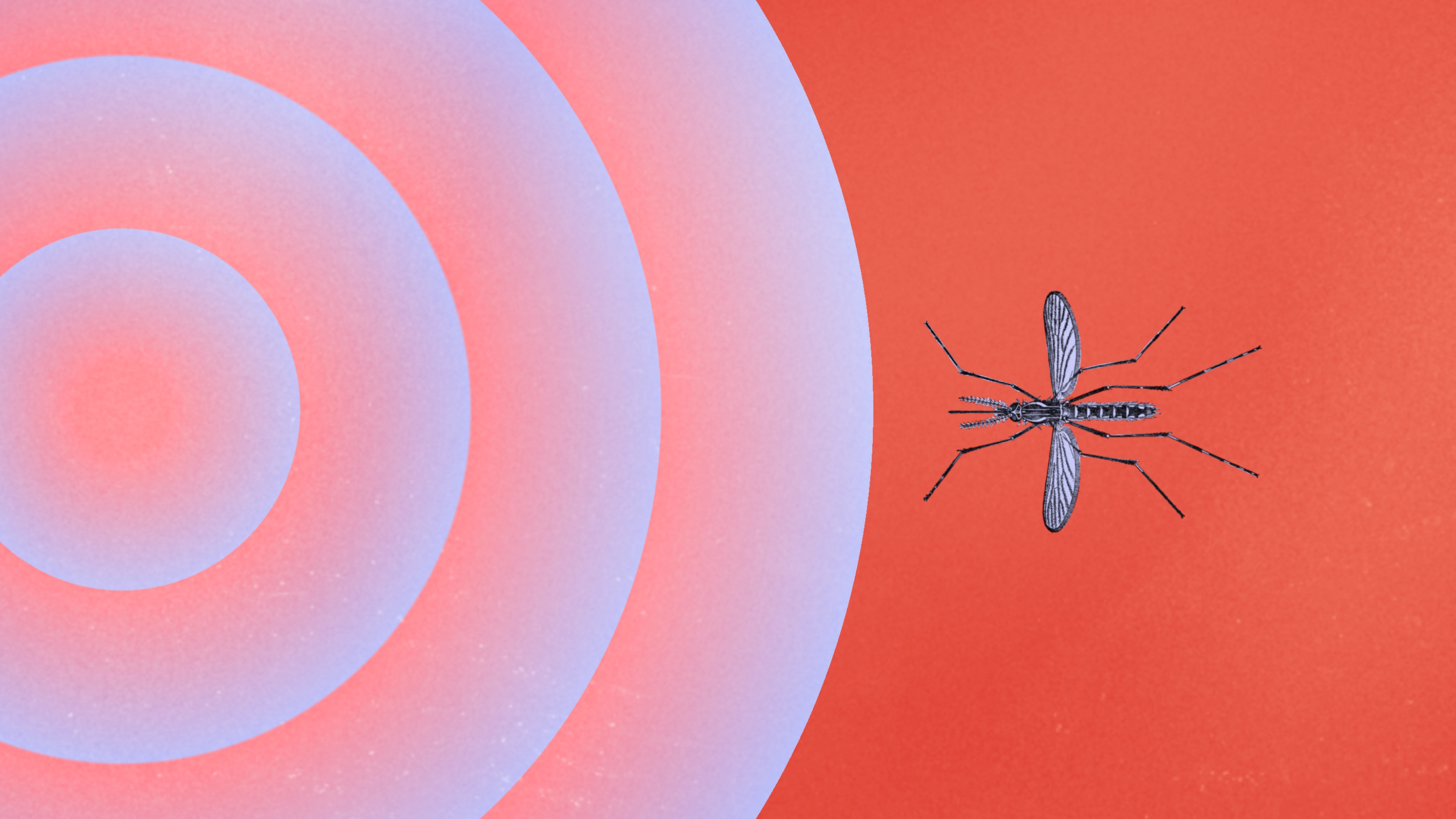Multivitamins are not only ineffective, but dangerous

For many years, when my doctor would ask what vitamins or supplements I consume on a regular basis, I would reply by saying “a multivitamin.” Never once in all those years did she (or he; I’ve bounced around a bit) ask what type of vitamins were included in the cocktail. No question of percentages, minerals, vitamins—just a head nod and a mouse click.
A few years ago I stopped saying “multivitamin” because I stopped taking one, and he (or she) never asked why, recommended advice, anything. They simply unchecked the box.
For more than half of Americans—68 percent of adults over age 65—a multivitamin (among a few, or many, supplements) is part of the daily ritual. Overloading your body with five or ten times the recommended daily allowance of this or that vitamin is treated as folk wisdom. It’s such basic science that questioning it seems like a complete waste of a thought.
Problem is, the National Institute of Health spent $2.4 billion studying vitamins and supplements only to find out they really don’t work. As Pieter A. Cohen writes in JAMA:
During the past 2 decades, a steady stream of high-quality studies evaluating dietary supplements has yielded predominantly disappointing results about potential health benefits, whereas evidence of harm has continued to accumulate.
This includes clinical trials showing that vitamin E, once promoted as heart healthy, actually increases your risk of heart failure and prostate cancer. Multivitamins do not prevent cancer and heart disease; St John’s wort will do nothing for your depression; Echinacea is no match for the common cold. In smokers, beta-carotene increases the risk of lung cancer.

A large part of the problem is how comfortable we are swallowing pills with no understanding of what they contain. Whenever we feel slightly off we immediately imagine the pill that will alleviate the distress. Pain, however, is a sign that something is wrong. Ignoring the signal doesn’t solve the problem, it only prolongs the agony.
Since multivitamins have predominantly been marketed as healthy or, at the furthest end of the spectrum, benign, we’ve overlooked the fact that many are, in the long run, damaging. No vitamin or mineral is without effect. Because we don’t exactly understand how these pills operate should not mean we want to pop as many of them as possible.
Cohen points out that while vitamin and supplement bottles must include the standard “not evaluated by the FDA” jargon, most eyes pass right over the small print, instead focusing on unproven health claims scripted in bold, bright letters.

This has caused a number of researchers to remind us that we get all the vitamins we need on our plates. Even those eating a “Western” diet— which is the culprit of America’s obesity epidemic—achieve the basic requirements our bodies require. There is simply no proven track record showing that the isolation of certain vitamins from the foods that contain them is beneficial.
This is not to say some people don’t require certain vitamins or minerals for a variety of issues. That’s a different case from overloading your body with a flood of them hoping something works.
As Marjorie McCullough, strategic director of nutritional epidemiology for the American Cancer Society, is paraphrased in the NY Times:
It’s possible that the chemicals in the fruits and vegetables on your plate work together in ways that scientists don’t fully understand—and which can’t be replicated in a tablet.
Physician Paul Offit agrees. In study after study Offit shows that cancer and heart disease rates increase with the consumption of vitamins and supplements. A few examples:
- A 1996 study in Seattle of 18,000 people showed that people exposed to asbestos who were taking megavitamins with large doses of vitamin A and beta-carotene were 28 percent more at risk of developing lung cancer and 17 percent more at risk for developing heart disease.
- A 2004 study in Copenhagen conducted 14 randomized trials with 170,000 people and discovered that those taking large amounts of vitamins A, C, E, and beta-carotene were more likely to develop intestinal cancer.
- A 2005 study at John Hopkins School of Medicine performed a meta-analysis of 19 studies with over 136,000 people. Those taking megavitamins were at an increased risk of early death.
- Another 2005 study of 9,000 people published in JAMA found increased risks of cancer and heart disease in those taking large doses of vitamin E.
- A 2011 study at the Cleveland Clinic involving 36,000 men found a 17 percent increased risk of prostate cancer in those consuming vitamin E and/or selenium.
Regarding the antioxidant craze—and certain levels of them are healthy—Offit notes that oxidation is required to “kill new cancer cells and clear clogged arteries.” Overloading on antioxidants reduces your body’s ability to do this.
Fruits and vegetables contain many other ingredients that appear to, as McCullough mentions above, boost the efficacy of vitamins. Offit continues:
Half of an apple has the antioxidant activity of 1,500 milligrams of vitamin C, even though it contains only 5.7 milligrams of the vitamin. That’s because the phytochemicals that surround vitamin C in apples enhance its effect.
American regulatory bodies have been too lax in their policing of vitamin and supplement manufacturers. Many are either blatantly lying or ignorant of the science behind the products they’re selling. The dietary supplement industry raked in over $32 billion in 2012, most of which profited from junk science, or at best, unproven claims. That’s great business for those companies. Unfortunately, it’s terrible for us.
—
Stay in touch with Derek on Facebook and Twitter.





